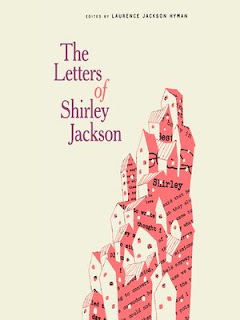Dublin-based novelist Kevin McCarthy sets his 2019 Irish novel in the American West in 1866.
Many Irish immigrants to the United States in the middle of the 19th century quickly found themselves caught in the American Civil War, fighting for one side or the other. The war has been over for a year as Wolves of Eden opens, and the victorious army has moved west to face a new enemy, Indian tribes who react violently when settlers and miners invade what was supposed to be their land.Thomas and Michael O'Driscoll have re-enlisted and adopted a new surname to escape some trouble they have gotten into. They are sent to Fort Phil Kearny in Dakota Territory, where they promptly get into more trouble, this time involving an Indian prostitute who had her nose chopped off. Tom, who himself had his faced disfigured in the war, falls in love with her, leading to conflict with the married couple who run the brothel as well as sell supplies to soldiers at inflated prices.
In alternate chapters we read Michael's confession — although we don't discover until the end exactly what he is confessing to — and the story of Lt. Martin Molloy, also from Ireland originally, and his Jewish aide, Daniel Kohn, sent to hang someone — anyone will do — for the murder of a Cabinet secretary's brother-in-law, the brothel-keeper. Molloy is less interested in catching a murderer than in drinking, and then he breaks a leg. Thus the investigation falls to Sgt. Kohn, who seems more brutal than either of the O'Driscolls.
McCarthy mixes a murder mystery in with an Indian war and reflections on the strong bias against the Irish and Jews, not to mention Indians, into a mostly satisfying western novel. He seems to be the kind of novelist whose idea of resolution is to kill off his characters, which is my main complaint.
McCarthy's book, while solving one mystery, raises another with me. He describes Indians stealing oxen owned by settlers in a wagon train, while Richard S. Wheeler in Easy Street, another western novel I read recently that is set in the same time and place, tells how there was no need to guard oxen at night because Indians didn't want them. So who's right? Wheeler lived in the West, not in Dublin, so I am inclined to believe his version, but why wouldn't hungry Indians eat oxen? Or were they just too slow to make a fast getaway?












